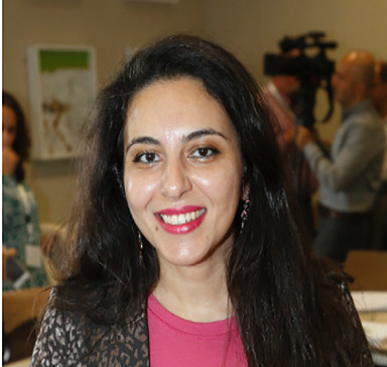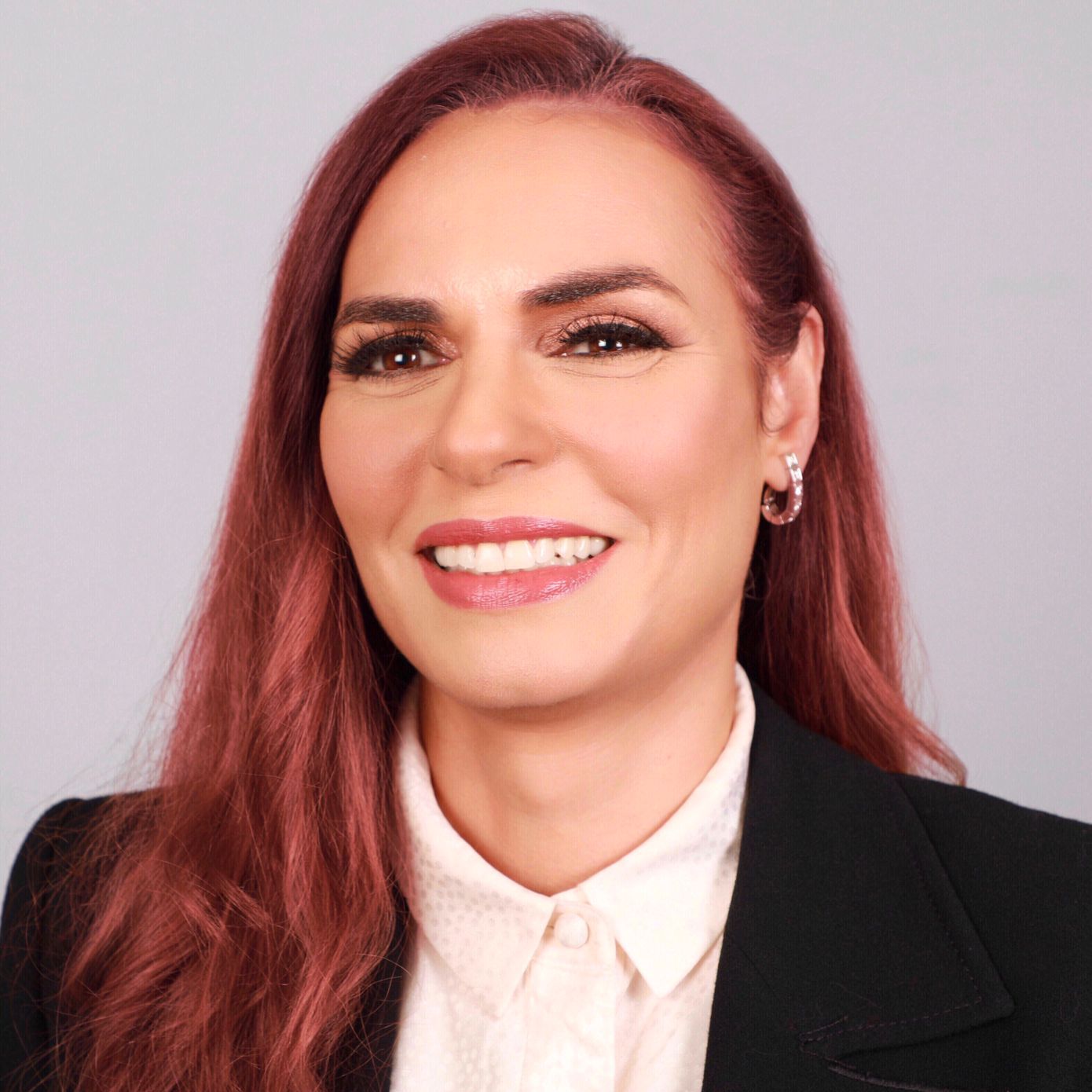“How do they see us?” At the heart of international relations as well as intercultural communication, lies this question of Perception. How do you perceive the Other? How does the Other perceive you? What is the nature of the encounter when it happens? Recognizing, yet going beyond, a traditionally realist framework of Arab Gulf States foreign relations with western countries— conceptualized in the broader sense to be based on sheer pragmatic economic interests— the workshop tackles both the materialist and the symbolic in the efforts and initiatives launched by the Arab Gulf States to create themselves in the Western imagination. Such initiatives are both varied and visible. They range from setting up Arab and Middle East Centers at distinguished universities in the western capitals to winning bids for hosting sports events such as Qatar World Cup 2022. They include Saudi Arabia’s hiring of ten lobbying firms hoping to influence the US policies towards the Kingdom as well as the UAE’s building of stadiums pairing the name Emirates with Arsenal in Holloway, London while being crowned the world’s top humanitarian donor in 2013. While this workshop addresses the different efforts Arab 2 Gulf States have initiated in order to project a certain favorable image of themselves in the West, it will also be a forum to dissect successes and failures, across the country cases, that have engaged with such ambitious enterprise. Research shows that the degree of foreign countries’ public relations endeavors in the US directly impacts how the American public perceives those countries. Moreover, the more visibly and favorably covered foreign countries are in the US media, the more positively the American public perceives those countries (Lee and Hong 2012). Does this apply in the case of the Arab Gulf States? How? Why? Or why not? The workshop invites papers that address Arab Gulf States’ initiatives and/or that evaluate their effects, with both intended and unintended consequences. Emphasis is given to the dual-issue of image projection and image perception. Finally, it is argued that the image(s) and their perceptions are not monolithic and separate realms. But they rather constitute one another. The workshop invites papers that explore these questions employing a number of angles, theoretical frameworks, as well as research methods.
3 DAYS / 12 Workshops
MORE THAN 300 ACADEMIC PAPERS
The workshop’s objective is to discuss and analyze previous and current Arab Gulf
States’ outreach efforts into the West. Arab Gulf States’ commercial activities, lobbying
and politicking, cultural and sports sponsorships, as well as academic endowments have
all witnessed a surge in the last decade or so. Dubai captures the world’s imagination and
stands as a beacon of globalized trade, scientific progressiveness, modern infrastructure
and, increasingly, artistic and cultural experimentations—the latter is especially salient
when it comes to other regions in the United Arab Emirates (UAE) such as Abu Dhabi
and Sharjah. Qatar, on the other hand, has exhibited a sequence of mixed connotations. It
first projected itself at the forefront of news media, with Al Jazeera brand. Yet this
eventually had its eclipse moment and does not stand as solidly credible as it used to be.
Qatar ventured into international sports and won the bid to host World Cup 2022. But that
was accompanied by allegations of bribery, corruption, and accusations of labor rights
violations. In recent years, during and post the Arab uprisings, Qatar has been praised for
its support of Arab youth. However, it became entangled in accusations of destabilizing
the region and co-creating competing orders of violence. As for Saudi Arabia, it has been
under the international spotlight for its shifting state-society relations, human rights
record, military operations against Houthi militias in Yemen, its rivalry with Iran,
plummeting oil prices, and the recent Justice Against Sponsors of Terrorism Act
(JASTA) that enables 9/11 families of victims to sue the Saudi government. In fact, the
list is long. So much so that Saudi Arabia has hired up to ten lobbying firms in the United
States just to help improve its image in the US media, and among American politicians
and the public. Yet the challenge is that in a multi-vocal world of social media and citizen
journalism, the traditional hegemony or mere impact of such lobbying firms— in
3
general— is being debated and questioned. This certainly applies to the Saudi Arabian
case. Kuwait, Oman, and Bahrain can also be comparative and contrasting cases to
discover dynamic relations vis-à-vis the endeavors and the most visible current activities
of the other three Gulf Cooperation Council (GCC) countries.
The nature of the topic is broad in scope, yet specific in focus, and therefore the
theoretical frameworks of the accepted papers will be of an interdisciplinary nature.
Papers should focus on or bridge and/or combine humanities and social sciences methods
as they address the opportunities and perils facing the Arab Gulf States’ engagement with
the West. Theoretical frameworks can also go from the broad to the specific. Possible
topics can be as general as the portrayal of Arab Gulf countries in the Western media
with comparative case studies of two or more major western countries, for example the
US, France, and Germany.
Yet some of the theoretical frameworks could be founded on the notion of the
"encounter" with anthropological lenses and concepts of intercultural communication; for
example, researching the significant increase in the number of educated Arab Gulf
students in the West. How are their experiences shaped? How do they shape the
perceptions of citizens in their host countries? And what happens when they return to
their home countries? What happens if/when some of them stay and work and build a life
in the West? Some papers could be focused on ethnographies depicting the lived
experiences of Gulf citizens in the West, while other papers could have a social-scientific
approach about the politics of Arab Gulf States in the West from an International
Relations, global political economy, and/or comparative world politics lens.
Arab Gulf States have also funded think tanks as well as set up professorships and
endowments in well-respected western universities for the study of Arab and Middle East
history, politics, and culture. They have set up organizations such as the Arab Institute in
Paris and, more recently, the Arab Gulf States Institute in Washington (AGSIW). Also,
the National Council on US-Arab Relations (NCUSAR) in Washington, D.C. could be
another case study of how the Arab Gulf is presented in the US. So research that looks at
and analyzes those initiatives and their effects, both intended and unintended, is needed
to fill a gap in the current literature on the Arab Gulf States. Thus, it is important to
examine the current imaginings of the Arab Gulf States in the West: How Arab Gulf
States and their citizens are constructed, imagined, and perceived.

